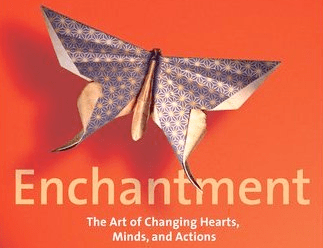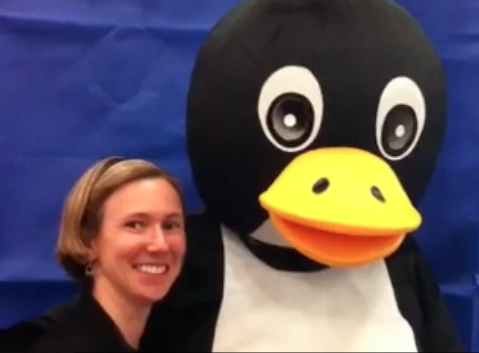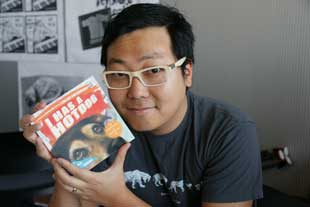Recently I interviewed Guy Kawasaki, the author of “Enchantment: The Art of Changing Hearts, Minds, and Actions” and Apple’s former chief evangelist. (Read the Mother Jones interview here.) Kawasaki, aside from having a million-watt smile, also has some solid advice for new college graduates that’s equally useful for high school students looking for a summer job or internship, (or any jobseeker, really). Here it is below:
Mother Jones: How would you describe the art of (and need for) enchantment to a college student about to enter a challenging job market?
Guy Kawasaki: There are two ways to approach the application process: trying to hit a home run by getting an immediate “yes, here’s an offer” or trying not to be eliminated. I recommend the second approach. Step one is to avoid elimination at the cover email/letter and resume stage. This means that your cover email is customized for the particular company and the particular job within that company. To do anything less means that you are lazy.
Assuming you’re not eliminated at this stage, then you’re on to the interview. This is when a student can truly apply the skills of the book. First, you need to convince the interviewer that you are likable and trustworthy. These are the cornerstones of good relationships with people. The judgement begins with the very first impression: are you smiling? Are you dressed appropriately? Not too high for a tech company. Not too low for a consulting company. How is your handshake? It should be communicate that you are solid, dependable, and friendly person.
You have two jobs in the interview: first, to convince the interviewer that you can do the job; second, that you will “fit in” at the company. Think of this as a 2 x 2 matrix:
Competent Not Competent
Fit X Doesn’t fit
X marks the spot. The most powerful way to convince the interviewer that you can do the job is to show how much you already know about the industry, the company, and the products/services of the company. In other words, enchant the interviewer with how much you already know. For example, if you’re interviewing with Apple, you probably won’t score points if you ask, “Have you guys got a Verizon version of the iPhone yet?”
If you can, try to find out who you are meeting with before the interviews. Then use a service like Spokeo.com (disclosure: I advised the company) or LinkedIn to learn about these people. Don’t creep them out by telling them you saw the Flickr photos of their kid’s birthday party, but finding out that you went to the same school or share the same hobbies with you is very useful.
After the interview, be sure to send an email to everyone you met and do this within twenty-four hours of the interview. This means that you should be smart enough to have asked for everyone’s email that you met. Of course you’ll thank the person and tell them how much you’d like to work at the company—assuming this is true. But a truly enchanting candidate will remember the personal things. Perhaps you found out that the interviewer likes hockey or photography, then mention a hockey news story or the review of a new Nikon.
If nothing happens for a week, email the primary contact. Don’t be a pest, but don’t disappear either. Let’s face it: you’re selling. The company is not buying. Hopefully, there’s another round of interviews, and the enchantment begins again. Just keep thinking: you need to move the company from ignorance (not knowing you exist) to awareness (your resume) to engagement (interviews) to enchantment (an offer).















